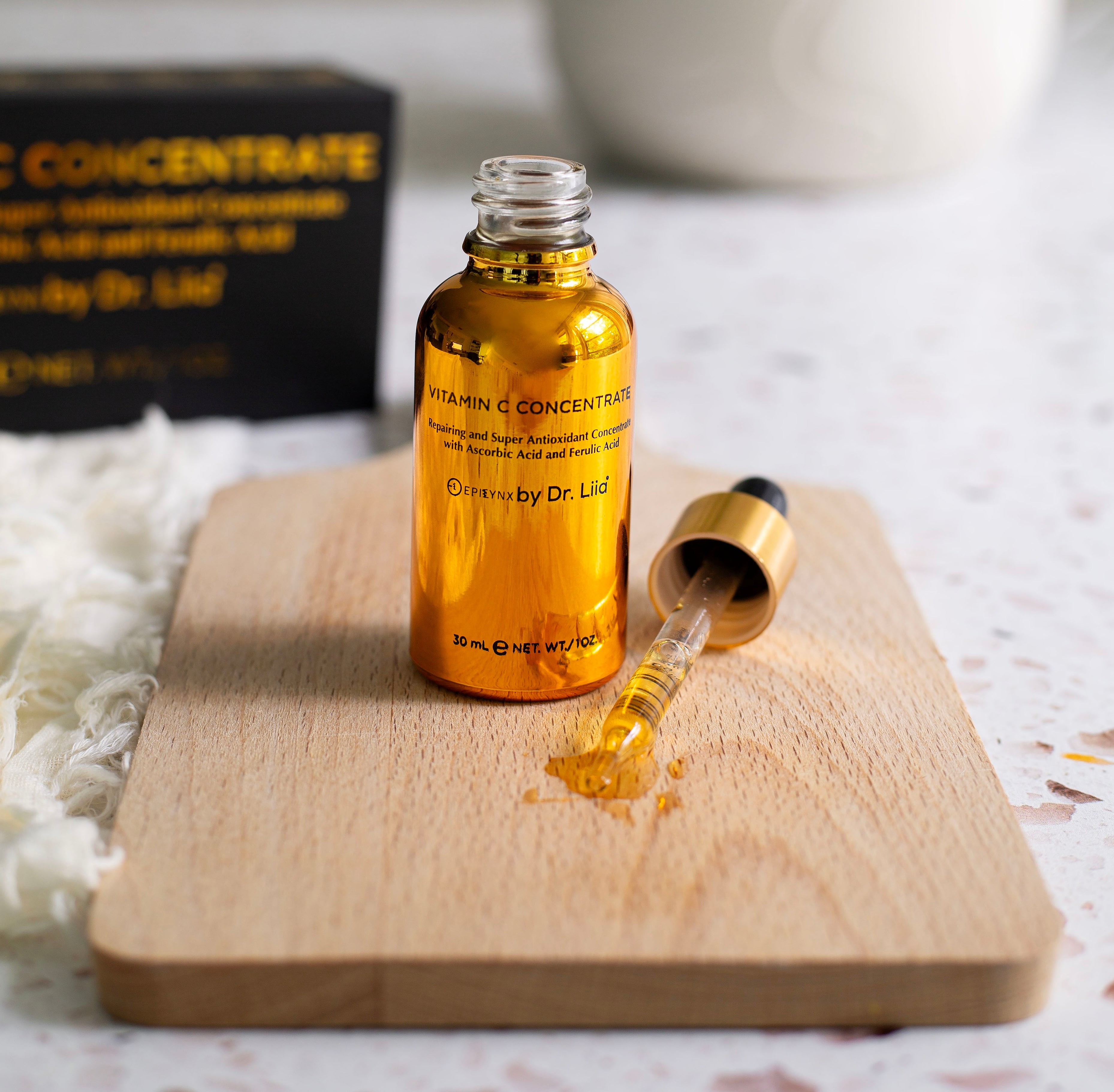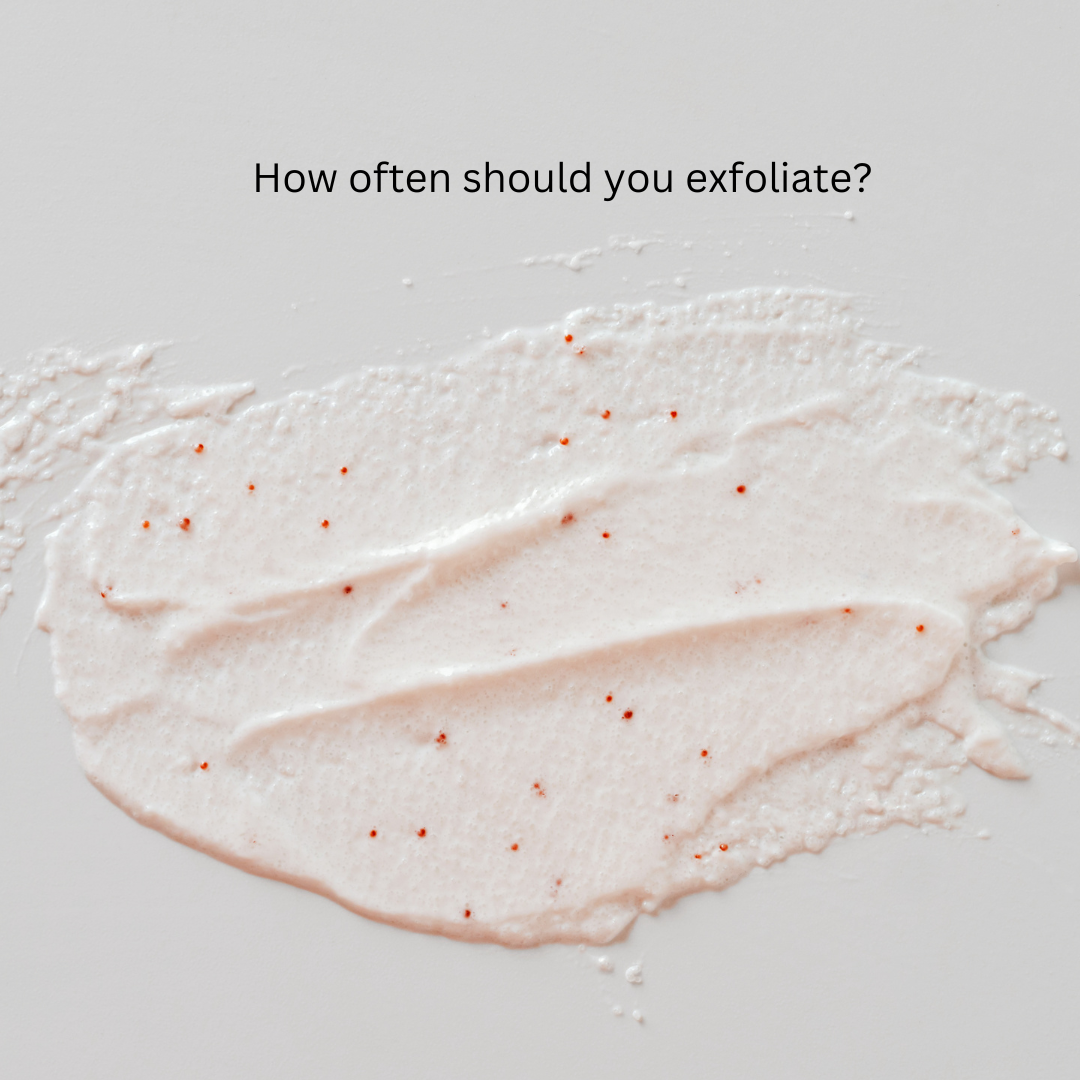
Hyaluronic Acid Benefits for Dry, Sensitive Skin | EpiLynx Hypoallergenic Skincare
What is Hyaluronic Acid and Why Is It Trending?
If you’ve been scrolling through skincare TikTok or browsing beauty blogs lately, you’ve probably seen the phrase hyaluronic acid everywhere. And for good reason — it’s one of the most effective, well-researched hydrators in skincare.
Hyaluronic acid (HA) is a naturally occurring sugar molecule found in your skin, eyes, and connective tissue. It’s your body’s built-in moisture magnet — able to hold up to 1,000 times its weight in water (source). In skincare products, HA helps replenish and lock in hydration, making skin look plump, smooth, and healthy.
But for those with dry, sensitive skin, it’s not just a “nice-to-have” ingredient — it can be a game-changer.
The Science: How Hyaluronic Acid Hydrates at a Cellular Level
Unlike heavy creams that simply sit on top of the skin, hyaluronic acid penetrates into different layers of the skin to bind water and keep it there.
There are multiple molecular weights of HA:
-
High molecular weight HA: Sits on the surface, creating a protective, moisture-sealing layer.
-
Low molecular weight HA: Penetrates deeper into the skin for long-lasting hydration.
-
Ultra-low molecular weight HA: Reaches even deeper layers for maximum plumping.
At EpiLynx, we use a blend of 5 different molecular weights of hyaluronic acid in our Serums with Hyaluronic Acid to target hydration from the surface all the way down to the deeper layers.
This multi-level approach not only boosts immediate moisture but also improves the skin’s ability to retain hydration over time.
Why Hyaluronic Acid is Perfect for Sensitive Skin
If you have sensitive skin, you know the struggle — many active ingredients that promise results also bring irritation, redness, or breakouts. Hyaluronic acid, however, is:
-
Non-irritating — even for redness-prone or reactive skin.
-
Fragrance-free — pure HA has no scent and doesn’t need masking agents.
-
Compatible with other actives — plays well with niacinamide, peptides, vitamin C, and even retinol.
-
Barrier-friendly — helps repair a damaged skin barrier and protect it from environmental stressors.
Unlike exfoliating acids (like glycolic or lactic acid), HA doesn’t remove anything from your skin — it adds moisture and strengthens your protective barrier.
How to Use Hyaluronic Acid in Your Skincare Routine
To get the most out of HA, application technique matters.
1. Apply to damp skin
Hyaluronic acid works best when there’s water for it to bind to. After cleansing, leave your skin slightly damp before applying your HA serum.
2. Seal it in with moisturizer
Because HA pulls water into the skin, you need a cream or oil afterward to “lock” it in and prevent evaporation.
3. Use twice daily
HA is gentle enough for both morning and night use.
💧 Pro Tip: Pair HA with a barrier-repair cream like the EpiLynx Sensitive Skin Barrier Cream for maximum hydration and protection.
EpiLynx Product Spotlight: Hyaluronic Acid-Rich Skincare
We’ve formulated several products specifically with dry, sensitive skin in mind — all are gluten-free, hypoallergenic, and vegan:
-
Hydrating Serums — Multi-layer hydration for plump, smooth skin.
-
Brightening Face Cream — Locks in moisture with ceramides and peptides.
-
Lifting and Firming Face Cream — Combines antioxidant protection with deep hydration.
External Resources & Further Reading
Final Tips: How to Layer Hyaluronic Acid for Best Results
Here’s a simple routine to maximize HA benefits:
Morning:
-
Cleanser
-
EpiLynx Moisturizer
-
Sunscreen
Evening:
-
Cleanser
-
EpiLynx Serum
-
EpiLynx Retinol Cream
With consistent use, you’ll notice softer, plumper skin and reduced tightness — even in the harshest weather.


